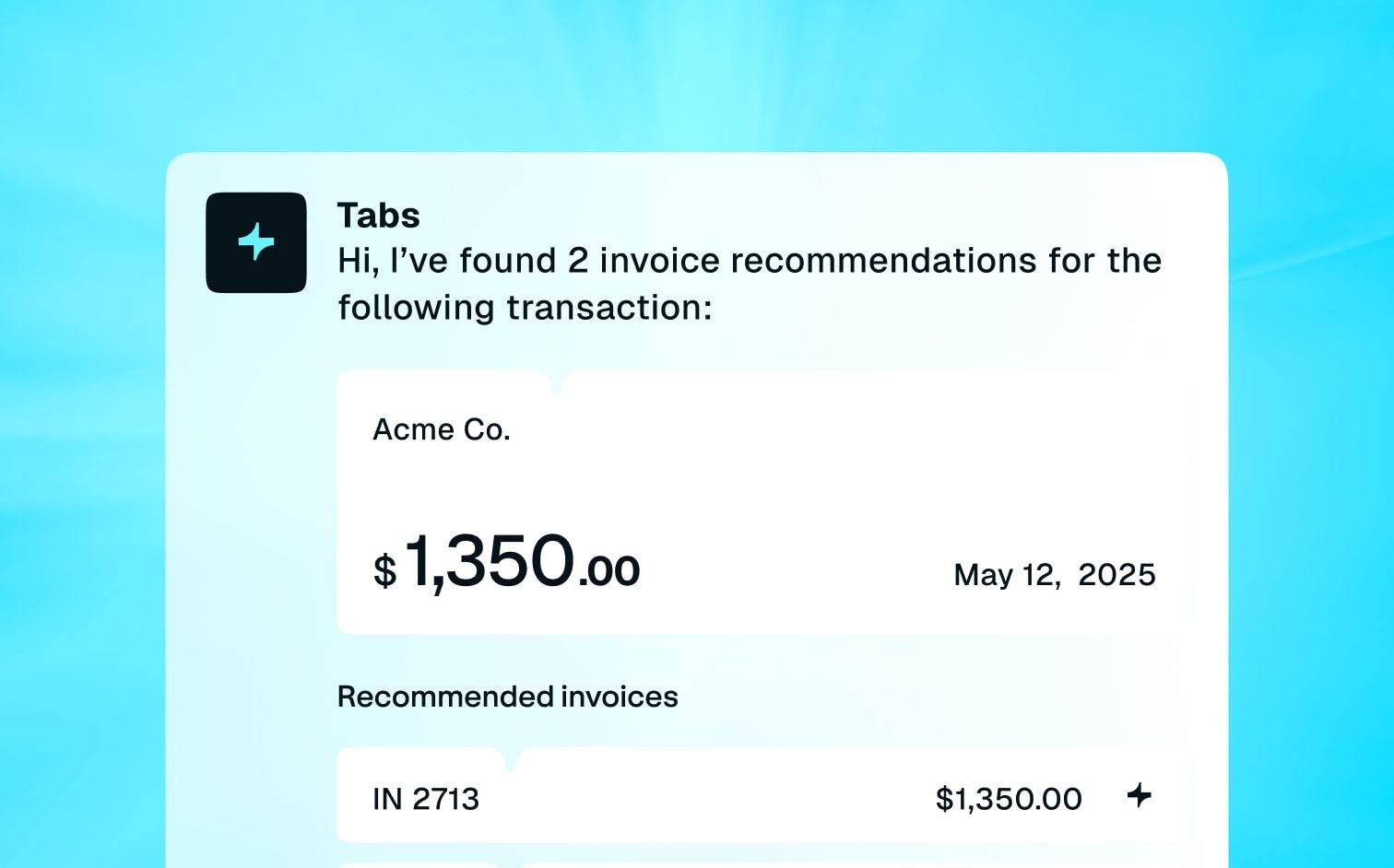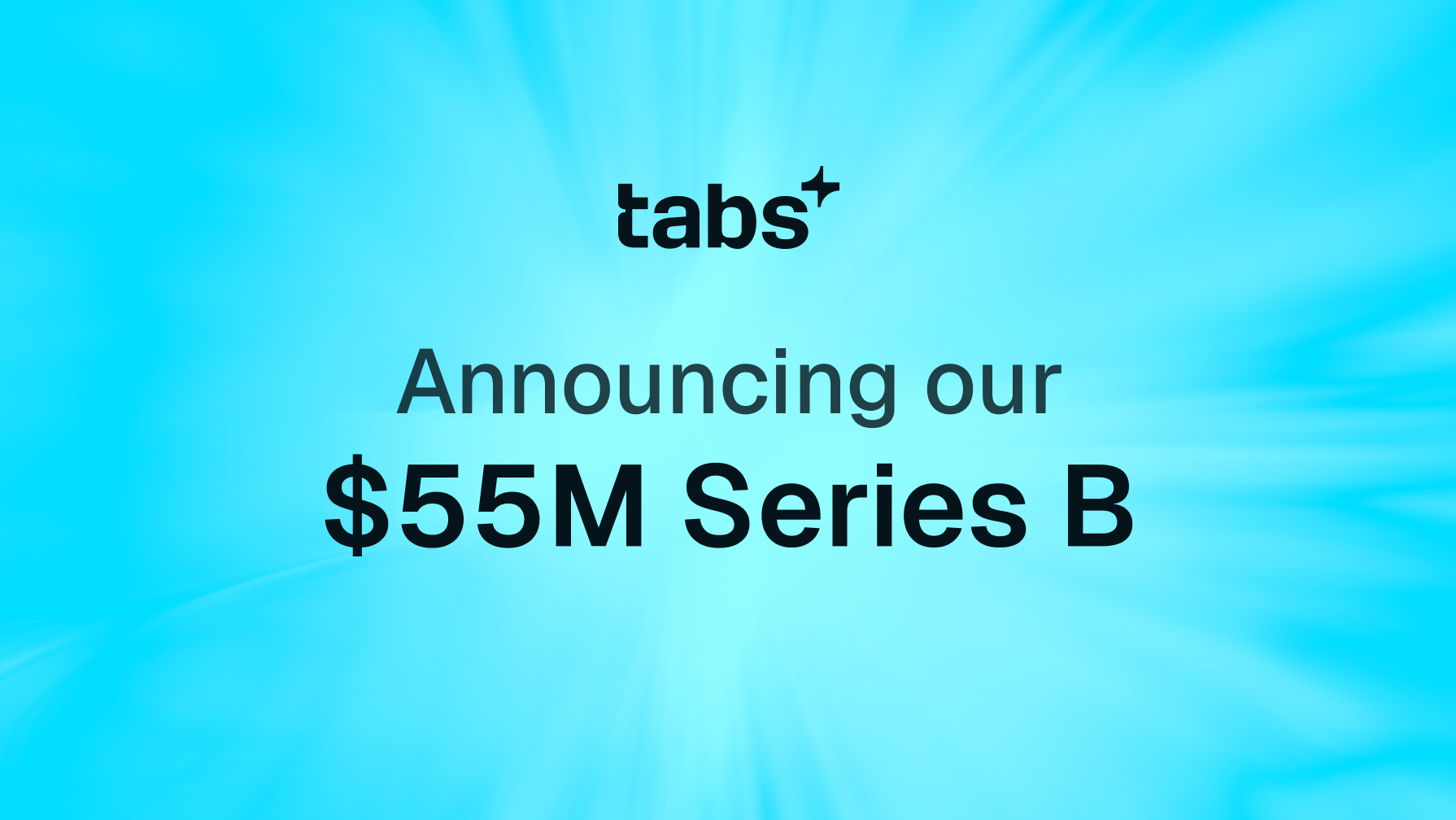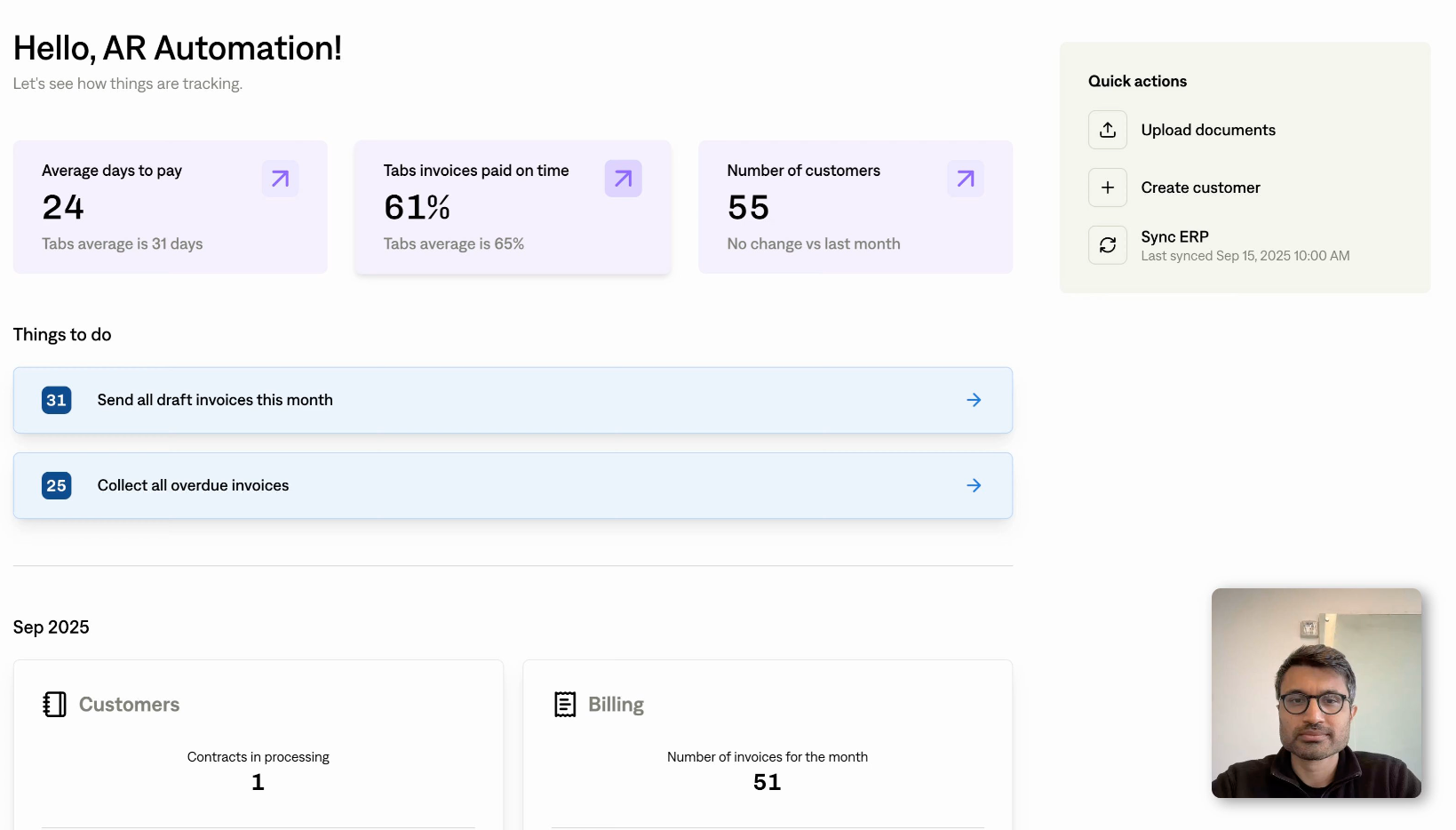Running a small business is no easy feat. From managing inventory to handling customer service, you're constantly juggling multiple tasks. One area that can be particularly time-consuming and complex is payment processing. That's where QuickBooks payment processing capabilities come in.
Quickbooks Payments offers a streamlined solution for accepting and managing payments, integrating directly with QuickBooks Online to simplify your financial operations. In this guide, we'll explore the ins and outs of QuickBooks payment processing, covering everything from transaction fees and security features to its benefits and limitations, helping you decide if it's the right fit for your business.
We'll also look at how it stacks up against competitors and offer tips for maximizing its potential.
Key Takeaways
- Centralize your finances with QuickBooks Payments. Integrating directly with QuickBooks Online, this platform automates key financial tasks, saving you time and reducing errors. This offers a real-time snapshot of your business's financial health.
- Assess the fee structure. While convenient, QuickBooks Payments' fees are often higher than other processors. Carefully compare costs against your transaction volume and preferred payment methods to make an informed decision.
- Optimize your use for maximum benefit. Leverage features like recurring invoices, diverse payment options, and next-day deposits to improve cash flow and customer experience. Regularly reviewing reports will help you fine-tune your strategy and get the most from the platform.
What is QuickBooks Payment Processing?
QuickBooks is a merchant service offering from Intuit designed to simplify how small businesses accept and manage payments. It lets you take payments online, in person, and even through mobile devices, giving your customers flexibility and convenience. This means you can get paid faster and more efficiently, regardless of location or your customers' preferred payment methods.
What is it?
QuickBooks Payments acts as your business's merchant account, allowing you to process various payment types without needing a separate provider. This centralized approach streamlines your financial operations by bringing everything under one roof. You can accept, process, and manage payments online with their merchant services. This simplifies bookkeeping and gives you a clearer picture of your finances.
QuickBooks Online Integration
One of the biggest advantages of QuickBooks Payments is its seamless integration with QuickBooks Online. This integration allows you to process and authorize all major debit and credit card transactions directly within the platform. No more switching between different applications or manually entering data.
Payment information is automatically updated, eliminating the need for double entry and reducing the risk of errors. This tight integration is a major time-saver, especially for businesses that already rely on QuickBooks Online for their accounting.
According to QuickBooks support, as the only merchant account service fully integrated with QuickBooks Online, it offers significant time and cost savings compared to traditional credit card processing. This integration simplifies reconciliation and reporting, giving you a real-time view of your cash flow.
How QuickBooks Payment Processing Works
This section explains how QuickBooks payment processing handles transactions, from accepting various payment methods to reconciling them in your books.
Supported Payment Methods
QuickBooks Payments offers flexibility for you and your customers. Accept payments from virtually anywhere: attached to invoices, in person at your register, or through digital wallets. Customers can pay via credit cards, debit cards, ACH bank transfers, Apple Pay, PayPal, and even Venmo. This range of options ensures a smooth and convenient checkout experience, increasing the likelihood of prompt payments.
Transaction Flow & Reconciliation
One of the biggest advantages of using QuickBooks Payments is its seamless integration with QuickBooks Online. This integration streamlines your entire transaction process. When a customer pays, QuickBooks Online automatically processes and authorizes the transaction directly within the platform. This eliminates the tedious task of double entry and ensures your financial records are always accurate and up-to-date.
Approved funds can be deposited into your bank account in as little as two to three business days. You can also set up recurring sales receipts for automatic payments (note that this feature isn't available in QuickBooks Online Simple Start). This automation saves you time and reduces the risk of late payments.
QuickBooks deposits funds processed before 3 PM PT the next business day. Payments processed after 3 PM PT are deposited within two business days.
QuickBooks Payment Processing Fees
Understanding the fee structure of any payment processor is crucial. Let's break down the costs associated with QuickBooks Payments so you can make informed decisions for your business.
Transaction Fee Breakdown
QuickBooks Payments uses a tiered pricing model based on how you accept payments. Expect to pay around 2.4% + $0.25 per transaction for swiped credit cards. Invoiced credit cards incur a slightly higher fee, around 2.9% + $0.25, while keyed-in transactions are the most expensive at approximately 3.4% + $0.25.
These rates can vary slightly depending on your QuickBooks plan, so it's always best to check your specific pricing within your account. For a helpful breakdown of these variations, take a look at this QuickBooks Payments review.
For example, QuickBooks Online users processing payments in person typically see rates of 2.5% + $0.25, while online or invoiced transactions are closer to 2.99% + $0.25.
Hidden Costs & Additional Expenses
Beyond the standard transaction fees, it's important to be aware of other potential costs. Chargebacks, which occur when a customer disputes a transaction, can cost you $25 each. Also, factor in the monthly PCI compliance fee of $9.95. Maintaining PCI compliance is essential for secure payment processing, protecting both you and your customers.
Minimize Processing Expenses
While the fees might seem unavoidable, there are ways to minimize your processing expenses with QuickBooks Payments. If your business processes a significant volume of transactions—over $2,500 per month—you may qualify for discounted rates.
Also, if you're already using QuickBooks for your accounting, integrating QuickBooks Payments can streamline your financial operations and potentially reduce costs associated with managing multiple platforms. This integration can save you time and effort, allowing you to focus on growing your business.
Benefits for Small Businesses
Running a small business often means juggling multiple responsibilities. QuickBooks Payments can lighten the load by simplifying your financial operations, freeing you to focus on what matters most: growing your business. Here's how:
Streamlined Financial Management
QuickBooks Payments integrates directly with QuickBooks Online, creating a central hub for your financial activities. This means payments accepted online, in person, or through invoices are automatically recorded in QuickBooks. No more manual data entry or wrestling with spreadsheets—it’s all handled automatically.
This streamlined approach minimizes errors and provides a real-time snapshot of your finances.
Faster Cash Flow with Next-Day Deposits
Cash flow is essential for any small business. QuickBooks Payments helps you maintain a healthy flow by offering next-day deposits for most credit card, PayPal, Venmo, and ACH payments. Process payments before 3 PM PT, and the funds will typically be in your bank account the next business day, giving you faster access to your revenue.
Time-Saving Automation
Automation is key to efficiency. QuickBooks Payments automates key processes, saving you valuable time. Since payment information automatically updates within QuickBooks, you can avoid double entry. You can also set up recurring sales receipts for automatic payments, simplifying subscription management.
Multiple Payment Options
Offering various payment options is crucial for attracting and keeping customers. With QuickBooks Payments, you can accept payments via major credit and debit cards, ACH bank transfers, and popular digital wallets like Apple Pay, PayPal, and Venmo. Providing these payment choices caters to customer preferences and can increase sales.
Mobile Payments
Need to take your business on the road? The QuickBooks GoPayment mobile app lets you process transactions from anywhere, using your smartphone or tablet as a point-of-sale system. This on-the-go functionality is ideal for businesses operating outside a traditional storefront, attending events, or providing on-site services.
QuickBooks Payment Processing Limitations
While QuickBooks Payments offers several advantages for small businesses, it's crucial to understand its limitations before committing. Weighing these drawbacks against your specific needs will help you determine if it's the right fit.
Fees & Competitive Analysis
One of the primary considerations for any business is processing fees. QuickBooks Payments’ fees are generally higher than other payment processors. For example, in-person transactions incur a 2.5% fee, while online and invoiced payments are charged at 2.99%. Manually keyed-in transactions have a higher rate of 3.5%, and ACH payments are charged at 1%.
These rates can significantly impact your bottom line, especially as your sales volume grows. It’s worth comparing these fees with competitors like Square, Stripe, or PayPal.
Customer Support
Another potential drawback is QuickBooks Payments’ customer support. Support is limited to weekdays from 6 a.m. to 6 p.m. PT. This limited availability can be frustrating if you encounter issues outside of these hours or need immediate assistance. For businesses operating in different time zones or requiring 24/7 support, this can be a significant limitation.
Hardware & Compatibility
QuickBooks Payments offers limited hardware compatibility, particularly with its POS system. This can restrict businesses that require specific devices or have existing hardware investments. While QuickBooks Payments doesn’t require extra hardware, software, or phone lines for processing payments—potentially saving you money compared to traditional terminals—the limited hardware options might not meet the needs of every business.
Set Up & Optimize QuickBooks Payment Processing
This section walks you through activating, customizing, and optimizing QuickBooks Payment Processing for your business.
Activation Guide
Getting started with QuickBooks is straightforward. You can process and authorize all major debit and credit card transactions directly within QuickBooks Online. This integration eliminates manual data entry by automatically updating your payment information, saving you time and reducing errors.
To activate QuickBooks Payments, go to the "Payments" tab in your QuickBooks Online account and follow the prompts to connect your bank account. You'll provide some basic business information for verification. Once approved, you're ready to accept payments.
Tabs enhances your QuickBooks experience by enabling seamless reconciliation of payments and financial data. Through its integration with QuickBooks, Tab automatically syncs your transactions, helping you manage invoices, deposits, and payment records without manual intervention. This ensures your books stay up to date, reducing the risk of errors and making it easier to monitor cash flow.
Customize for Your Business
QuickBooks Payments offers flexible options to fit your business' needs. Accept payments from various sources, including online invoices, in-person transactions with a card reader, and digital wallets. Offering these diverse payment methods creates a smoother experience for your customers.
All QuickBooks Payment plans include a free business bank account with no monthly fees or minimum balance requirements, simplifying financial management. Choose the payment methods that align with your business model and activate them in your QuickBooks Payments settings.
Best Practices
To maximize efficiency and improve your cash flow, follow these best practices: Get paid faster with QuickBooks Payments' fast deposit option, which can deposit approved funds in as little as two to three business days. Streamlining credit card processing through QuickBooks Payments is key for healthy cash flow.
Using pay-enabled invoices through QuickBooks can also reduce risks associated with ACH payments, adding security to your transactions. Regularly review your QuickBooks payment processing reports to identify trends and areas for improvement.
QuickBooks Payment Processing Security
Security is a major concern for any business accepting payments online. QuickBooks Payments offers several features to protect both you and your customers. Let's break down the key security aspects:
Data Protection
QuickBooks Payments offers robust data protection, including automatic dispute protection on credit and debit card transactions. This protection covers up to $25,000 per year for qualifying transactions, shielding your business from potential losses. This coverage can be a lifesaver, providing a financial buffer and helping maintain customer trust.
PCI Compliance
Protecting customer payment information is crucial. QuickBooks Payments requires businesses to maintain PCI compliance, adhering to specific security standards set by the payment card industry. There's a monthly fee of $9.95 associated with maintaining this compliance through QuickBooks. This small investment ensures your customer data is handled securely and meets industry standards.
Chargeback & Dispute Resolution
Disputes are a reality of doing business. QuickBooks Payments has a clear chargeback policy. There's a $25 fee for each chargeback, highlighting the importance of accurate record-keeping and proactive customer communication. QuickBooks keeps you informed about payment issues via email notifications from Intuit, allowing you to address disputes quickly.
QuickBooks Payment Processing Alternatives
While QuickBooks Payments offers a convenient, integrated solution, exploring alternatives can sometimes lead to better features or lower costs. Understanding your business needs is key to finding the right fit.
Feature Comparison
One of the biggest factors when comparing payment processors is cost. QuickBooks Payments has relatively high processing fees compared to other processors, a crucial factor for small businesses watching their bottom line. NerdWallet points out that QuickBooks Payments’ processing rates range from 2.5% for in-person transactions to 2.99% for online and invoiced payments, with manually keyed entries at 3.5% and ACH transfers at 1%.
Alternatives like Stripe often offers a more comprehensive set of features and support, potentially at a lower cost. Taking the time to compare these features side-by-side can reveal significant savings.
Choosing a Payment Solution
If you already rely on QuickBooks for your accounting, the seamless integration offered by QuickBooks Payments is a definite advantage. This integration can simplify reconciliation and reporting, saving you time and effort.
However, if your business requires 24/7 customer support or you have complex hardware requirements for your point-of-sale system, exploring alternative payment solutions might be a wiser choice. Finding a processor that aligns with your support needs and technical setup is essential for smooth operations.
Get the Most from QuickBooks Payment Processing
QuickBooks Payments offers several features that can truly benefit your business. Let's explore how to maximize its potential.
Cash Flow Management
QuickBooks Payments can significantly improve how you manage your cash flow. The platform lets you accept payments from virtually anywhere—online invoices, in person, and even through digital wallets. This flexibility means fewer delays in getting paid. You can also track and schedule invoices, get real-time payment notifications, and set up recurring invoices.
This automation minimizes late payments and keeps your cash flow consistent. Plus, with approved funds deposited in as little as two business days, you have quicker access to your money.
Address Misconceptions
Some small business owners hesitate to use QuickBooks Payments, assuming it's only for larger companies. That's simply not the case! It's a practical solution, especially if you already rely on QuickBooks for your accounting.
Having your payment processing integrated with your accounting software simplifies everything. It creates a single, unified system for invoicing, sending, and receiving payments, which streamlines your financial operations and saves you valuable time.
Optimize Usage & Negotiate Fees
While QuickBooks Payments offers competitive rates with no setup or hidden fees, you can still optimize your usage to save even more. For example, processing a higher volume of transactions (over $2,500 monthly) can qualify you for discounts.
It's worth exploring these options to minimize your processing expenses. Also, make sure you've enabled QuickBooks Payments for credit card processing within your QuickBooks Online account for the most streamlined experience.
Related Articles
Frequently Asked Questions
Does QuickBooks Payments work with all versions of QuickBooks?
QuickBooks Payments integrates seamlessly with QuickBooks Online, streamlining your financial processes. However, it's important to note that some features, like recurring billing, may not be available in all QuickBooks Online plans (e.g., Simple Start). Check your specific plan details within QuickBooks Online to confirm feature availability.
What are the typical processing times for QuickBooks Payments?
QuickBooks Payments typically deposits funds into your bank account within two business days. If you process payments before 3 PM PT, you can often expect the funds the next business day. However, timing can vary, so it's always a good idea to refer to QuickBooks' deposit details for the most up-to-date information.
Are there any hidden fees I should be aware of with QuickBooks Payments?
While QuickBooks Payments doesn't have hidden fees in the traditional sense, there are costs beyond the standard transaction fees to consider. These include a monthly PCI compliance fee and chargeback fees. Understanding these additional costs will help you accurately assess the overall expense of using the platform.
What if I need help with QuickBooks Payments outside of their regular customer support hours?
QuickBooks Payments' customer support operates on weekdays from 6 a.m. to 6 p.m. PT. If you encounter issues outside these hours, you might need to wait until the next business day for assistance. Consider whether these support hours align with your business needs when choosing a payment processor.
Is QuickBooks Payments the right choice for my business if I process a high volume of transactions?
While QuickBooks Payments can handle high transaction volumes, its tiered pricing structure means fees can add up quickly. If your business processes a significant amount each month, it's worth comparing QuickBooks Payments' fees with those of other processors to ensure you're getting the best rate. You might find that a different processor offers a more cost-effective solution for your specific volume.





